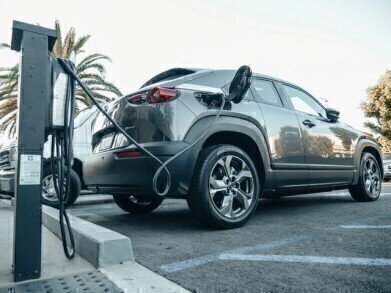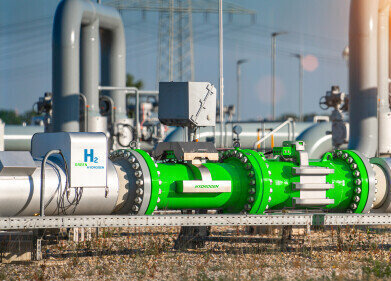Biofuel industry news
Why is the Energy Transition Taking Place?
Jul 19 2022
Around the world, governments, energy giants and everyday citizens are taking steps to replace fossil fuels with cleaner and more eco-friendly power sources. This global shift is called the energy transition. The goal is to slash greenhouse gas emissions and transform the way the world generates and consumes energy. So, what’s driving the energy transition. Below, we spotlight some of the key factors.
Addressing the climate change crisis
From heat waves in Europe to wildfires in Australia, climate change is a global threat. Greenhouse gases such as carbon dioxide (CO2) are major contributors, with most emissions generated by human activity. Burning fossil fuels is a primary source of CO2, which makes coal, petroleum and natural gas major culprits. The energy transition aims to replace these fossil fuels with climate-friendly sources.
In a recent speech, US President Joe Biden stressed the importance of addressing the climate crisis. “Climate change is literally an existential threat to our nation and to the world," said Biden in an address delivered outside a decommissioned coal-fired power plant. “The health of our citizens and our communities is at stake. So we have to act.”
Securing energy sources for the future
Fossil fuels are formed over millions of years, with intense geological processes needed to transform decomposing plant and animal matter into coal, oil and natural gas. Commercial oil production started in the 1800s and since then, the world has guzzled a significant percentage of recoverable reserves. Some analysts warn that if current consumption rates remain steady, oil reserves will be depleted in as little as 50 years. Pressing concerns over where energy will come from after fossil fuels have been depleted is a major driver of the energy transition.
Meeting the demands of consumers
From eco-conscious clothing to electric cars, consumers have the power to drive change. This power will play an important role in accelerating the energy transition. A recent survey conducted by Deloitte revealed 23% of consumers would make the switch to brands that support environmental issues. More than 40% have adjusted consumption habits to align with their personal environmental values, while an addition 21% would actively encourage friends and family to support brands that share their values on important issues like climate change.
When it comes to accountability, 65% of respondents expect CEOs to do more when it comes to slashing carbon emissions and improving sustainability across the supply chain. These statistics confirm that brands have an exciting opportunity to not just address the climate crisis but win over consumers and increase profits.
Along with wind and solar power, biofuels will play an important role in the energy transition. We spotlight some of the latest advances, including the use of exciting new feedstocks like landfill waste and food scraps, in ‘Energy Transition Guide - Fossil-based to Biobased Energy Sources.’
Or if you want to know more about the latest alternative energy developments, check out the article 'Latest advances in Artificial Photosynthesis: a hidden gem in the realm of alternative energy technologies'.
Digital Edition
PIN 26.1 Feb/Mar 2025
March 2025
Analytical Instrumentation - Elemental Analysis for Quality and Process Control at Refineries, for Lubricants and Wear Metals in Engine Oils - Synthetic Lubricants: New Developments - Scaling...
View all digital editions
Events
Apr 08 2025 Birmingham, UK
Apr 08 2025 Kielce, Poland
Apr 08 2025 Ravenna, Italy
Apr 08 2025 Southampton, UK
Apr 08 2025 London, UK



















